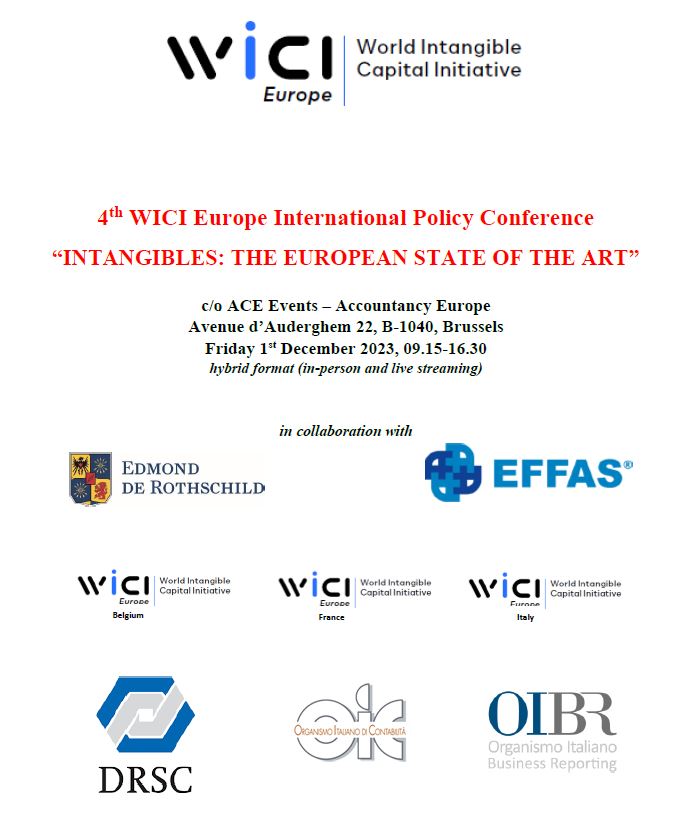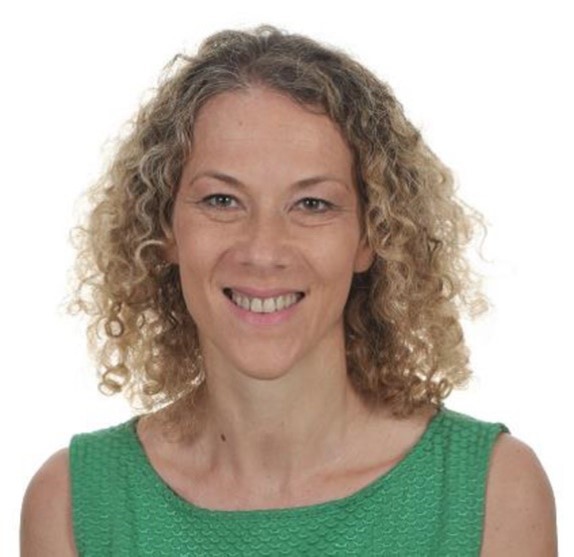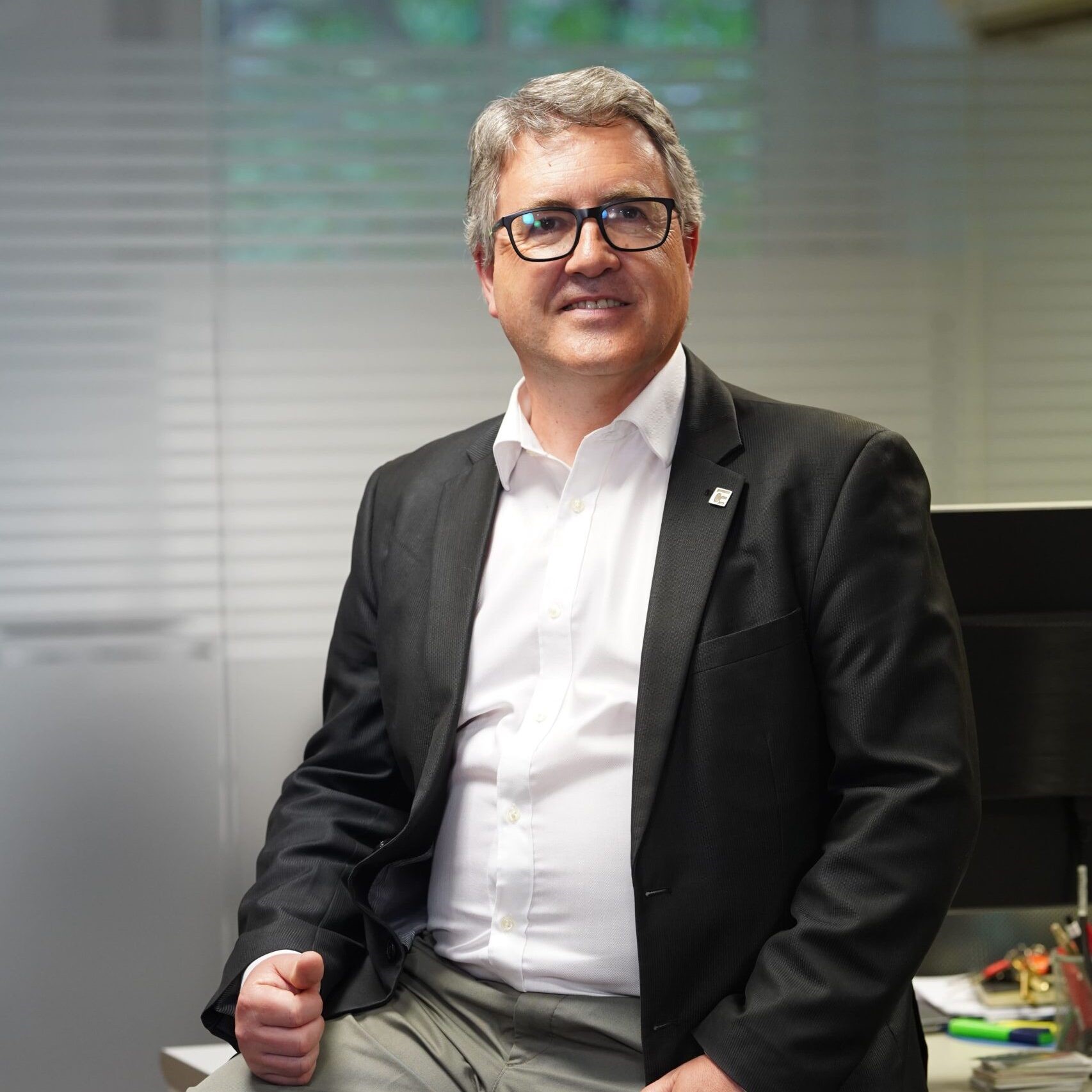
INTANGIBLES: BACK TO THE FUTURE?
With this International biennial Conference series, WICI Europe, the regional jurisdiction of the Global International Association WICI (World Intangible Capitals Initiative), aims to investigate the central importance of intangibles and the associated information for the long-term, inclusive, and balanced growth of European companies, markets, and regions; in so doing, the event series intends to relaunch and foster at the policy level the crucial issues, dynamics, and reflections linked to these “special” resources for the management, development, and growth of a knowledge-based, digital, sustainable and inclusive global economy.
For many years, academics and other commentators have expressed their concern that the current financial reporting model largely “hides” the contribution that the most important intangibles – especially if internally generated – make to both business performance and value creation. In this vein, several observers believe that financial reporting today does not fully reflect the real strengths of a company, its sources of competitiveness, and its capacity to create long-term value as well as its sustainability over time. And yet the pervasiveness and transversal nature as well as the elusiveness of these resources make it difficult to manage and measure them in a coherent and holistic way at organizational, industry, and macro levels.
On the other hand, in this crucial moment for the promotion of the sustainable behavior of companies, especially in the European Union, it is to be noted that the disclosure of intangibles is an integral part of the Corporate Sustainability Reporting Directive (CSRD) (a new addition to art. 19 (1) of the 2013 Accounting Directive). In this respect, the EU is going to be the first economically advanced region of the world to mandate the disclosure of sustainability- and non-sustainability-related intangibles in the company reporting system.
Furthermore, as pointed out in a 2021 joint WICI-Value Reporting Foundation position paper, some SDGs (growth, decent work, responsible production) cannot be achieved without the contribution of intangibles. In other words, there seems to be no contradiction between pursuing corporate sustainability and developing and disclosing intangible capital (human, social-relational, and organizational-intellectual). Indeed, the two are the pillars of a new economic and financial system and of an innovative way to carry out business and corporate governance activity.
After the successful events held in Paris (2015), Frankfurt (2017), and Brussels (2019), and a pause due to the pandemic crisis, the objective of this hybrid format Conference is to engage with European and international institutions and a diversity of stakeholders interested in contributing, from a policy perspective, towards a better understanding, measurement, reporting, and management of intangibles, thus providing new inputs and ideas towards these crucial reporting issues for the future.
FOR CONFERENCE REGISTRATION CLICK ON ONE OF THE FOLLOWING LINKS:
In-person participation in Brussels:Link
Online participation:Link
Participation is free of charge, but previous online registration is requested.
PROGRAMME
MORNING – START AT 9:15 (CET) – Plenary Room
Welcome coffee from 8.45 am
09:15 – WELCOME
Jean-Philippe Desmartin (Chair, WICI Europe; Head of Responsible Investment, Edmond de Rothschild Asset Management; and Co-Chair, EFFAS Commission on ESG)
Takayuki Sumita (Chair, WICI Japan, and member of the “Integrated Reporting and Connectivity Council” (IRCC), IFRS Foundation) (video message)
Hans Buysse (Chair, Administrative Board, EFRAG)
09:30 – PLENARY SESSION 1 – THE PAST, THE PRESENT, AND THE FUTURE OF WICI
Stefano Zambon, (Secretary General, WICI Italy-O.I.B.R.; Co-founder and former Chair, WICI Global; and member of the “Integrated Reporting and Connectivity Council” (IRCC), IFRS Foundation)
Jean-Philippe Desmartin (Chair, WICI Europe; Head of Responsible Investment, Edmond de Rothschild Asset Management; and Co-Chair, EFFAS Commission on ESG)
Mario Abela (Chair, WICI Global; Strategic Advisor, Value Balancing Alliance; and member of the “Connectivity Council”, EFRAG)
9:45 – PLENARY SESSION 2 – THE VIEWS OF THE POLICYMAKERS
Sven Gentner (Head of Corporate Reporting Unit, DG FISMA, European Commission)
Futoshi Nasuno (Secretary General, Cabinet Office, Japanese Government)
Alessandro D’Eri (Senior Policy Officer, ESMA) (tbc)
Chair: TBA
10:25 – PLENARY SESSION 3 – WHICH INFORMATION ON INTANGIBLES DO INVESTORS AND MARKETS “CONSUME” FOR THEIR DECISION-MAKING?
Jean-Baptiste Rouphael (Head of Sustainability Research, ODDO BHF); Francois Perrin (Head of ESG, GBL-Groupe Bruxelles Lambert); DWS or Schroeder
Chair: Jean-Philippe Desmartin (Head of Responsible Investment, Edmond de Rothschild Asset Management; Co-Chair, EFFAS Commission on ESG; and Chair, WICI Europe)
11:10 – 11:25 QUICK COFFEE BREAK
11:25 – PLENARY SESSION 4 – CORPORATES AND PROFESSIONALS AT THE FOREFRONT: GAPS AND NEEDS ABOUT THE PRODUCTION OF INFORMATION ON INTANGIBLES
Tjeerd Krumpelman (Head of Advisory, Reporting & Engagement, ABN AMRO); Giorgio Calimani (Head of Financial Statements and Administration – Pirelli Group) (tbc) or Jan Bishop (CFO, Roche) (tbc); SAP
Chair: Michel Dewolfs (Chair, WICI Belgium, and Co-CEO, Areopa)
12:10 – MIDDAY KEYNOTE SPEECH
Andreas Barckow (Chair, International Accounting Standards Board-IASB)
Intangibles: The Roadmap of the IASB
Chair: Hans Buysse (Chair, Administrative Board, EFRAG)
12.25 – PLENARY SESSION 5 – INTANGIBLES AND THE VIEWPOINTS OF INTERNATIONAL SUSTAINABILITY STANDARD SETTERS
Patrick de Cambourg (Chair, Sustainability Reporting Board, EFRAG) (in video connection)
Richard Barker (Board member, International Sustainability Standards Board-ISSB) (tbc)
Eelco van der Enden (CEO, Global Reporting Initiative-GRI)
Chair: Stefano Zambon, (Secretary General, WICI Italy-O.I.B.R. Foundation; and Professor of Business Economics, University of Ferrara)
13:10 – 14.00 – LUNCH
AFTERNOON SESSIONS
14.00 – PLENARY SESSION 6 – THE RESPONSES: INTANGIBLES, CONNECTIVITY, AND INTEGRATION IN REPORTING: UNCONGENIAL TWINS?
Georg Lanfermann (Chair, German Accounting Standard Setter-DRSC); Laura Girella (Technical Director, Connectivity and Integrated Reporting, IFRS Foundation); Chiara Del Prete (Chair, Sustainability Reporting TEG, EFRAG; former Chair, Financial Reporting TEG, EFRAG; and Chair of the International Forum of Accounting Standard Setters); Seema Jamil-O’Neill(Technical Director, UK Endorsement Board-UKEB)
Chair: Mario Abela (Chair, WICI Global)
1st SLOT OF PARALLEL SESSIONS (15.00 – 15.40)
15:00 – PARALLEL SESSION A – THE VALUE OF IP AND HUMAN CAPITAL IN COMPANY VALUE CREATION (care of WICI France/Institut Francais de I’lmmateriel-IFI)
Stephane Trebucq (Professor of Human Capital and Global Performance, University of Bordeaux)
Andre Gorius (President, WICI France-Institut Francsis de l’lmmateriel-IFI)
Michael Kos (Intellectual Property Finance and Valuation Expert, World Intellectual Property Organization – WIPO)
Chair: TBC
15:00 – PARALLEL SESSION B – INTANGIBLES AND CREDIT MERIT (care of WICI Belgium)
Tjeerd Krumpelman (Head of Advisory, Reporting & Engagement, ABN AMRO)
Martjin Bos (Eumedion) (tbc)
Jed Wrigley (Senior Advisor, Eight Roads) (tbc)
Chair: Michel Dewolfs (President, WICI Belgium, and Co-CEO, Areopa Group)
2nd SLOT OF PARALLEL SESSIONS (15.40 – 16.20)
15:40 – PARALLEL SESSION C – INTANGIBLES AND SME’s (care of WICI Italy)
Ludo Pyis (Founder and President, Areopa)
Paul Thompson (EFAA Director) (tbc)
Gianluca Manca (European Banking Federation (tbc)
Chair: Alessandro Lai (President, WICI Italy/Italian Foundation for Business Reporting-O.I.B.R.)
15:40 – PARALLEL SESSION D – ACADEMIC STUDIES ON INTANGIBLES BETWEEN MARKET RELEVANCE AND PREFERENCES OF INVESTORS & PREPARERS – The EAA Intangibles Study Group
Presentations by:
Christina Dargenidou (University of Exeter)
Janice Denouncourt (Nottingham Trent Business School)
Clemence Garcia (Gakushuin University, Tokyo)
Laura Girella (University of Modena and Reggio Emilia)
Jan Marton (University of Gothenburg)
Chair: Stefano Zambon (Professor of Business Economics, University of Ferrara)
16:20 – CONCLUSIVE PLENARY SESSION
Jean-Philippe Desmartin (Chair, WICI Europe; Head of Responsible Investment, Edmond de Rothschild Asset Management; and Co-Chair, EFFAS Commission on ESG)
16:30 – END OF CONFERENCE
 Sladjana Cabrilo is a Full Professor at the Department of International Business Administration of I-Shou University (ISU), Kaohsiung, but also holds a few visiting positions in her home country Serbia, and EU countries. Sladjana is an accomplished academic and professional with a multidisciplinary background spanning engineering, technology, and management. She holds a PhD degree and MSc degree in Industrial Engineering and Management, and MSc degree in Electrical Engineering (Computer Science major) from the University of Novi Sad, Serbia. Holding advanced degrees across these fields, Sladjana combines a technical foundation with expertise in business, and innovation. This blend of skills allows her to bridge the gap between technical innovation and strategic management, driving impactful research, teaching, and practical applications in a digital era.
Sladjana Cabrilo is a Full Professor at the Department of International Business Administration of I-Shou University (ISU), Kaohsiung, but also holds a few visiting positions in her home country Serbia, and EU countries. Sladjana is an accomplished academic and professional with a multidisciplinary background spanning engineering, technology, and management. She holds a PhD degree and MSc degree in Industrial Engineering and Management, and MSc degree in Electrical Engineering (Computer Science major) from the University of Novi Sad, Serbia. Holding advanced degrees across these fields, Sladjana combines a technical foundation with expertise in business, and innovation. This blend of skills allows her to bridge the gap between technical innovation and strategic management, driving impactful research, teaching, and practical applications in a digital era.



















